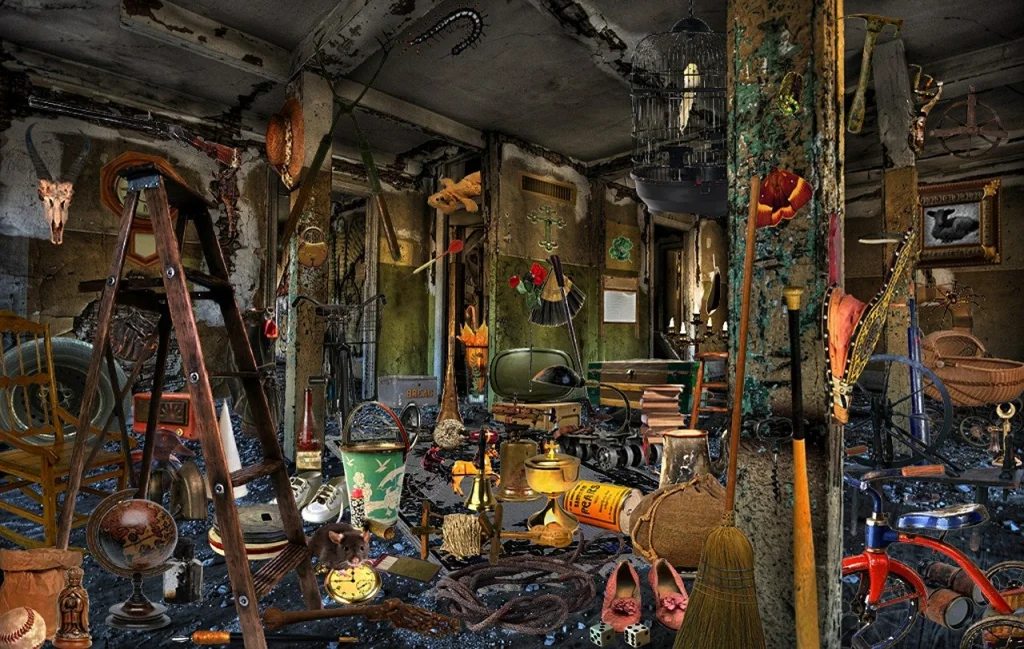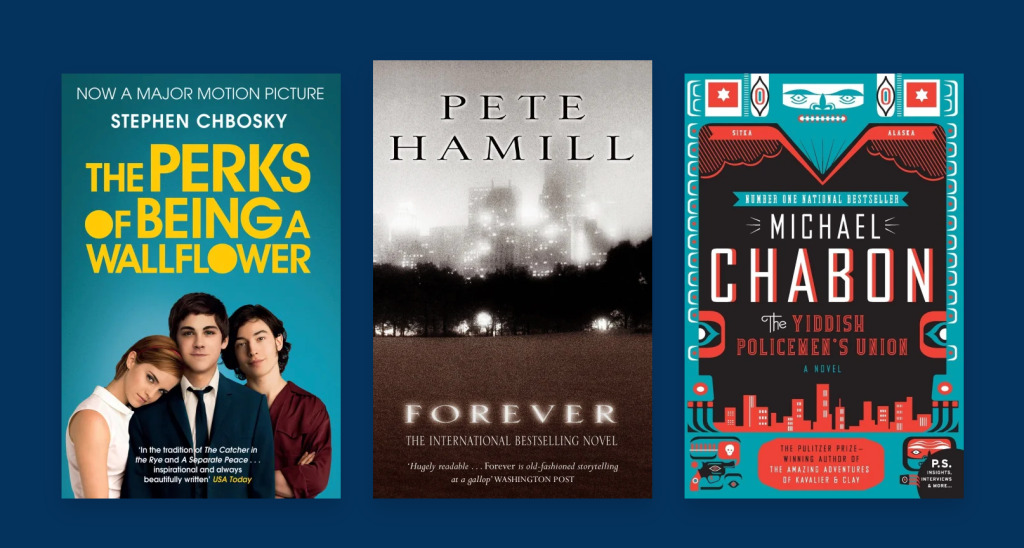 Think about your favorite novels. There might be a ripping good story and great writing, but I bet it also stars characters that leap off the page. Even if the characters inhabit a fantasy world and have two heads and green fur, they feel as real as the person sitting next to you. That being feels…real to you. You care what happens to she/he/it. Ever wonder how writers do that? I can’t speak for all writers, but here are a few secrets some of us use to take our real life experiences into fiction.
Think about your favorite novels. There might be a ripping good story and great writing, but I bet it also stars characters that leap off the page. Even if the characters inhabit a fantasy world and have two heads and green fur, they feel as real as the person sitting next to you. That being feels…real to you. You care what happens to she/he/it. Ever wonder how writers do that? I can’t speak for all writers, but here are a few secrets some of us use to take our real life experiences into fiction.
We eavesdrop on people. Not in a creepy, stalker-y way. Listening to the way real people speak (and not just in movies and TV shows) is one of my favorite tools to improve dialogue skills. You can pick up some great expressions, accents, and inflections. This helps us write dialogue that will not only distinguish one character from another but create living, breathing facsimiles of real people. Notice I said “facsimiles.” A direct transcription of a human conversation is rife with filler words and the niceties of greetings. Unless the exchange tells us more about a character (wow, what a polite serial killer) or advances the story in some way, why waste time with all the daily-grind chitchat when you just want to get on with reading?
We sometimes model characters from real people…or at least pieces of them. You’ve probably met a person who seems “larger than life.” Perhaps you’ve always thought this person should be in a novel. But if a writer isn’t careful, this can lead to a character that seems too good to be true. I modeled one of my characters from a friend who’d recently died from cystic fibrosis. My husband read the first draft and said, “You’re too close to this.” So I put it aside for a while. With some perspective and writing experience, I realized my problem: because I adored and admired my friend, I made the character too good. He had no flaws. So I gave him a few. I made him a little forgetful, showed him arguing with his sister, showed him not always making the “right” choices. He became empathetic, more real, more like someone readers could relate to. In other words, human. And we humans like other humans. Or beings with green fur and two heads, depending.
We think about motivation…a lot. Far more than the people in our lives are comfortable with, sometimes. If I’m reading a story and the main character doesn’t seem to want anything, doesn’t act when thrust into a difficult situation, and even by the end of the story hasn’t seemed to have grown or changed or made peace with a troubling situation or triumphed in any way…I feel a lot less connected to the story. So the perennial question writers ask themselves is WHY? Why does she want that job so badly? Why hasn’t she contacted the father she’s been estranged from most of her adult life? Why is she being so mean to that nice guy who only wanted to help her? And, hey…that nice guy? Why was he being so nice?
We don’t like to give our characters the easy way out. A compelling main character wants something, but it can’t be too easy. What’s the fun of that? Didn’t you get that lecture when you were a kid that the goal you worked really hard to achieve (or the luxury you bought with your own money) would be worth that much more to you than one someone simply handed to you? Same with characters. We throw roadblocks in their paths. Sometimes I feel lousy for putting the hurt on characters I’ve grown to like. But seeing how they respond to adversity, how badly they want this thing they’re after, can make a reader root even harder for them to succeed. Just like in real life.
What are some of your favorite fictional characters? What about them made you care about them and root for them? (Or, in turn, hate them with a passion?)




Leave a comment